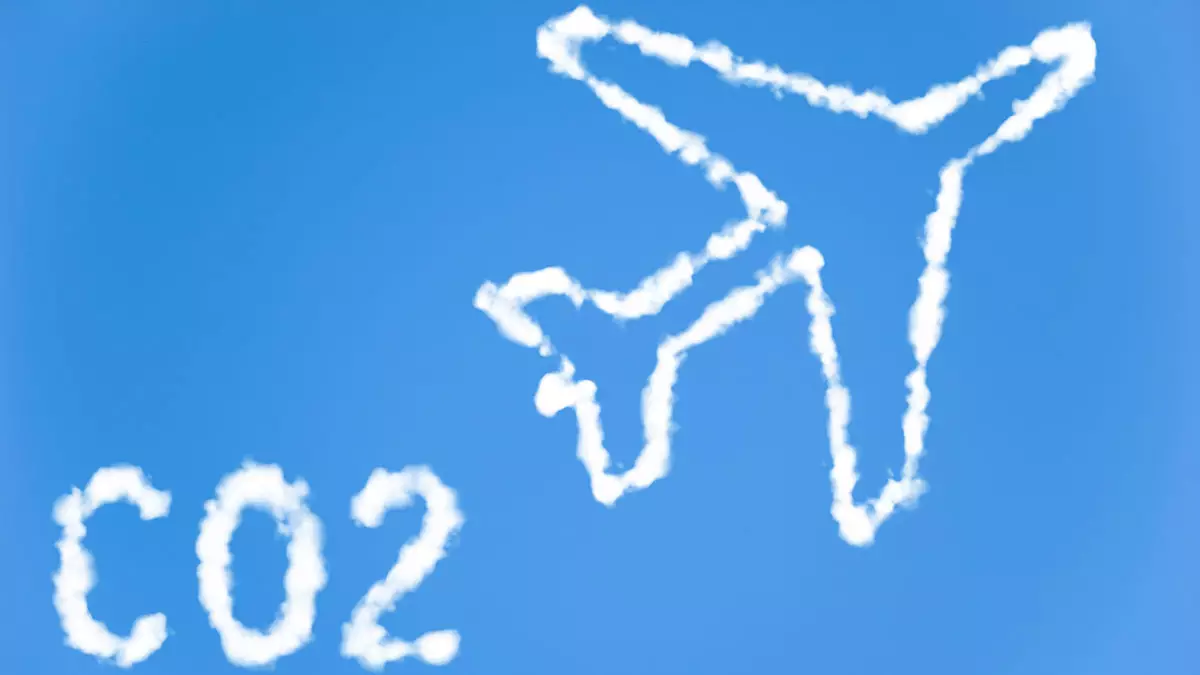Recently, the FAA awarded $291 million in grants to support sustainable aviation fuel (SAF) and related technologies. This funding, made possible by the 2022 Inflation Reduction Act, is a significant step towards achieving the Biden administration’s ambitious goal of producing 3 billion gallons of domestic SAF annually by 2030. The focus of these grants is to account for 10% of aviation fuel consumption in the U.S.
Out of the total amount, $244.5 million will be allocated to 22 projects that involve the production, transport, blending, or storage of SAF, as well as related studies. One such project involves providing $16.8 million to SAF producer Gevo to convert an existing fuel facility in Luverne, Minnesota into a refinery for alcohol to SAF conversion. Another noteworthy recipient is Arcadia EFuels in Texas, which is set to receive $14.6 million for a SAF plant projected to produce 23.2 million gallons annually by 2028.
Despite the positive developments in SAF production, challenges remain. Global SAF production is expected to triple this year to 500 million gallons, which is a step in the right direction. However, this volume accounts for just 0.5% of the aviation industry’s fuel needs. The ramp-up of SAF production has been slower than anticipated, leading to a 19% reduction in forecasts for SAF production in 2030 by the International Air Transport Association (IATA).
Airlines, on one hand, have been urging governments to provide more subsidies and incentives for SAF production. They have also pointed fingers at major energy producers for not doing enough in this area. However, critics argue that airlines themselves are not fully committed to dedicating resources to SAF and other emissions-reduction initiatives. The recent decision by Air New Zealand to retract its 2030 emissions-reduction target due to challenges in SAF availability and affordability underscores the complexities of the situation.
While the FAA grants for sustainable aviation fuel are a positive step towards a greener future for the aviation industry, there are challenges that need to be addressed. Collaboration between governments, airlines, energy producers, and other stakeholders will be crucial in overcoming these obstacles and accelerating the transition to a more sustainable aviation sector.


Leave a Reply